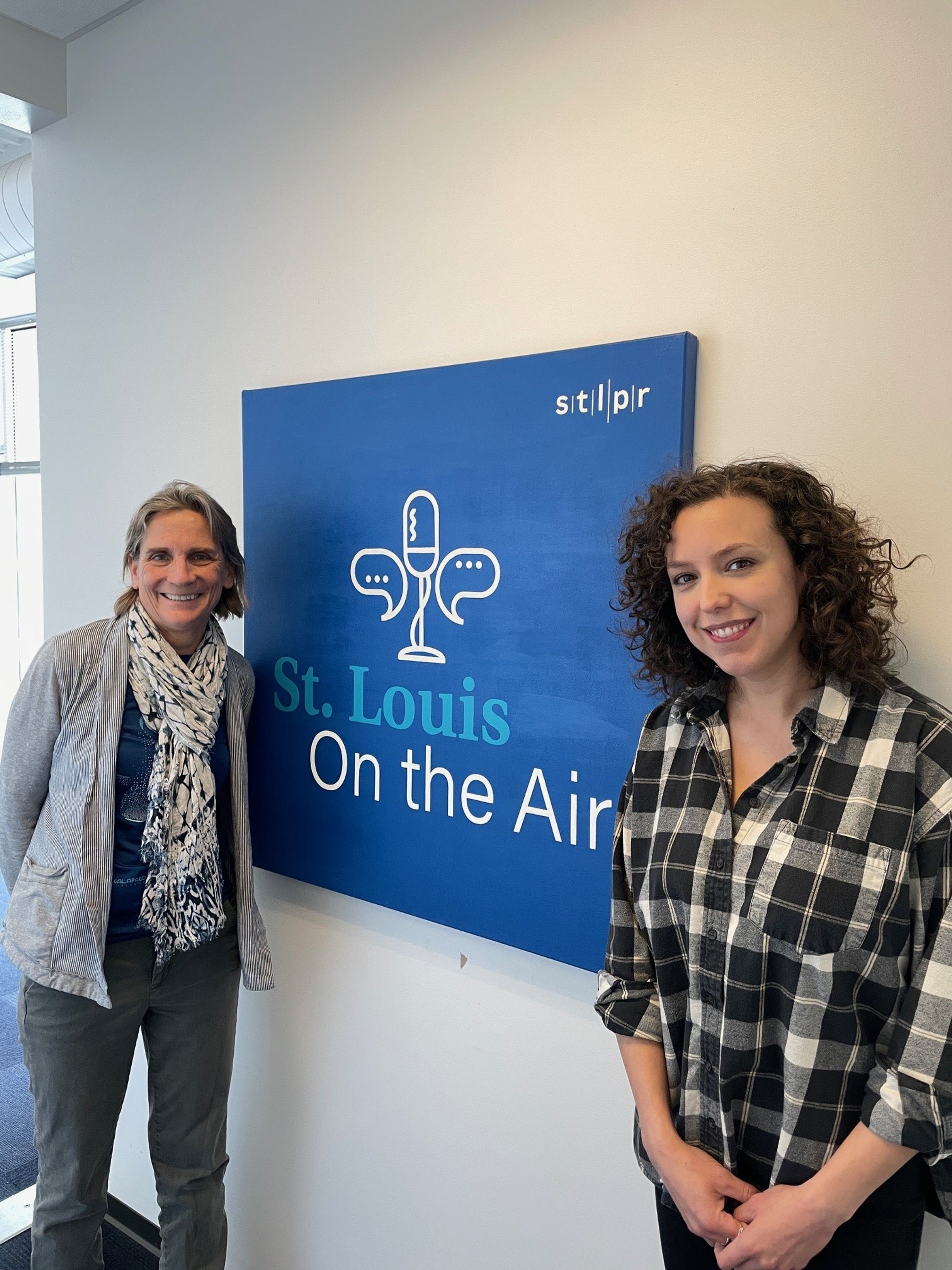Please use the Contact Form for any press, speaking, or partnership inquiries for Dr. Sharon Deem. She is always interested in spreading the message about One Health.
Recent Press
2025
Check out our St. Louis on the air interview to discuss raccoons, and other animals, that call Forest Park, St. Louis home. https://www.stlpr.org/show/st-louis-on-the-air/2025-12-11/forest-park-raccoons-st-louis-roads-wildlife-research
Curious raccoons meet white tailed deer in Forest Park, St. Louis, MO. (One of my favorite camera trap photos.)
Last spring, reporters from FHN Today, Francis Howell North High School’s newspaper, joined Forest Park Living Lab researchers in the park to film a news story on three-toed box turtles in Forest Park. Read the full article here and watch the video they made, featuring turtles Hazel and Appolo!
Four critically endangered Galápagos tortoises hatch at the Philadelphia Zoo By Ayana Archie NPR Here's the link
In this conversation between me and Emily Woodbury of Saint Louis On the Air at Saint Louis Public Radio, we talk about One Health and the link between human and animal health. “Bird flu should be on all our minds.” https://www.stlpr.org/show/st-louis-on-the-air/2025-03-25/bird-flu-should-be-on-all-our-minds-says-st-louis-zoo-epidemiologist
Emily Woodbury and me post show!
2024
Read a Post Dispatch story on our work with Forest Park’s coyotes
Scientists want to know why coyotes are in Forest Park! Check out our front page story (above the fold) in the Saint Louis Post-Dispatch of our work to collar coyotes in the heart of Saint Louis.
Today were talking to Dr. Sharon Deem, Director of the Saint Louis Zoo Institute for Conservation Medicine. Prior to this, Dr. Deem worked for the Wildlife Conservation Society and Smithsonian National Zoo. A veterinarian and epidemiologist by trade, she is also the current President of the American Association of Zoo Veterinarians. Dr. Deem has conducted conservation and research projects in over 30 countries around the world, many of which are in Africa and South America. In this episode, we’re going to cover her focus on how disease and environmental changes affect wildlife populations, and her work with endangered species, such as lemurs and turtles.
Planetary Heart Attack: Seeing the Planet as Patient
One Health is an approach that recognizes that the health of people is closely tied and connected to the health of animals and our shared environment.
In this episode of the Public Health Insight Podcast, we share a clip from our One Health Connect event hosted in 2021, where Dr. Sharon Deem, a world leading one health expert, shed light on the animal portion of this one health triad. In this snippet, she stressed that our planet is going through a heart attack and we need to treat it as a patient in this state of crisis.
2023
Turtle races have always been fun for kids and are part of fairs and events in Missouri and across the country. Although turtle races are fun for fair visitors, Sharon Deem, DVM, PhD, Director of the Saint Louis Zoo Institute for Conservation Medicine, is looking at turtle races through a scientific lens. “Let’s say, 30 turtles are brought together from all over the state, and now they're potentially sharing pathogens or those infectious diseases with each other. Emerging infectious diseases is having real population level impacts on a number of different turtle and tortoise species.” Deem has been engaged in studies about the transmission of infectious diseases among box turtles. It's a conservation concern. She has spent years studying box turtle health and movements. The Saint Louis Zoo Institute for Conservation Medicine partners with Andrea Darracq, PhD, of Murray State University to understand the movement and health of turtles after they have been used in turtle races.
The probable rate of box turtles killed by vehicles is the driving force behind a study that hopes to preserve box turtles. "We don't know the mortality rates of box turtles on Missouri roads," said Stephen Blake, PhD, assistant professor of biology at Saint Louis University. "What we do know is that box turtles get hammered on roads." Blake teamed up with Sharon Deem, DVM, PhD, on the Box Turtle Project study. Deem is the director of the St. Louis Zoo Institute for Conservation Medicine. They spent years studying box turtle movements. "Eleven years we've been chasing little box turtles. During that time, we've looked here in Forest Park at the home range sizes where these animals are moving. As well as out at Tyson (Tyson Research Center), this contiguous, wonderful oak-hickory forest," said Deem.
Blake, in conjunction with Sharon Deem, DVM, Ph.D., director of the Saint Louis Zoo Institute for Conservation Medicine, published “Home Ranges of Box Turtles in a Rural Woodland and an Urban Park in Saint Louis, MO; Implications for Turtle Conservation” in Urban Ecosystems and “Temperature Along an Elevation Gradient Determines Galapagos Tortoise Sex Ratios” in Ecology and Evolution.
Sex Ratios Galapagos Tortoises and Climate Change
“Ectothermic (cold-blooded) animals are particularly threatened by climate change,” explained wildlife veterinarian Sharon Deem, the director of the Saint Louis Zoo Institute for Conservation Medicine, adjunct scientist at the Charles Darwin Foundation, and first author of the study published in Ecology and Evolution. “Iconic giant Galapagos tortoises will experience temperature increases between 1-4°C in coming decades.”
Stopping the Next Pandemics by Georama TV Productions. Rent the film now. 𝘚𝘵𝘰𝘱𝘱𝘪𝘯𝘨 𝘵𝘩𝘦 𝘯𝘦𝘹𝘵 𝘱𝘢𝘯𝘥𝘦𝘮𝘪𝘤 𝘪𝘴 𝘢 𝘯𝘦𝘸 𝘤𝘩𝘢𝘭𝘭𝘦𝘯𝘨𝘦 𝘵𝘰 𝘵𝘩𝘦 𝘮𝘰𝘴𝘵 𝘱𝘳𝘰𝘮𝘪𝘯𝘦𝘯𝘵 𝘴𝘤𝘪𝘦𝘯𝘵𝘪𝘴𝘵𝘴. 𝘛𝘩𝘦𝘪𝘳 𝘧𝘪𝘦𝘭𝘥 𝘴𝘵𝘶𝘥𝘪𝘦𝘴 𝘢𝘳𝘰𝘶𝘯𝘥 𝘵𝘩𝘦 𝘸𝘰𝘳𝘭𝘥 𝘢𝘳𝘦 𝘴𝘩𝘰𝘸𝘪𝘯𝘨 𝘵𝘩𝘢𝘵 𝘰𝘶𝘳 𝘩𝘦𝘢𝘭𝘵𝘩 𝘢𝘴 𝘩𝘶𝘮𝘢𝘯𝘴 𝘥𝘦𝘱𝘦𝘯𝘥𝘴 𝘰𝘯 𝘢𝘯𝘪𝘮𝘢𝘭 𝘢𝘯𝘥 𝘦𝘯𝘷𝘪𝘳𝘰𝘯𝘮𝘦𝘯𝘵𝘢𝘭 𝘩𝘦𝘢𝘭𝘵𝘩. 𝘋𝘪𝘴𝘦𝘢𝘴𝘦𝘴 𝘵𝘩𝘢𝘵 𝘰𝘤𝘤𝘶𝘳 𝘪𝘯 𝘵𝘩𝘦 𝘳𝘦𝘮𝘰𝘵𝘦𝘴𝘵 𝘱𝘭𝘢𝘤𝘦𝘴 𝘢𝘳𝘦 𝘯𝘰𝘸 𝘰𝘶𝘳 𝘤𝘰𝘯𝘤𝘦𝘳𝘯. 𝘞𝘦 𝘭𝘪𝘷𝘦 𝘪𝘯 𝘢 𝘤𝘰𝘯𝘯𝘦𝘤𝘵𝘦𝘥 𝘸𝘰𝘳𝘭𝘥. 𝘞𝘦 𝘸𝘪𝘭𝘭 𝘩𝘢𝘷𝘦 𝘵𝘰 𝘱𝘳𝘦𝘴𝘦𝘳𝘷𝘦 𝘵𝘩𝘦 𝘦𝘯𝘷𝘪𝘳𝘰𝘯𝘮𝘦𝘯𝘵 𝘵𝘰 𝘱𝘳𝘦𝘷𝘦𝘯𝘵 𝘧𝘶𝘵𝘶𝘳𝘦 𝘱𝘢𝘯𝘥𝘦𝘮𝘪𝘤𝘴. 𝘉𝘦𝘴𝘵 𝘌𝘯𝘷𝘪𝘳𝘰𝘯𝘮𝘦𝘯𝘵𝘢𝘭 𝘍𝘪𝘭𝘮.
HEC-TV film on Forest Park Living Lab. Forest Park Living Lab is collaborative of six different partners: the Saint Louis Zoo, Washington University, St. Louis University, Forest Park Forever, the World Bird Sanctuary and the National Great Rivers Research and Education Center, where researchers from around the St. Louis area are tracking animals and trying to learn more about them and how they’re adapting to the urban area around the park.
CITES, Wildlife, and Pandemics: Failure to Grasp the Nettle
The links between human interactions with wild animals and the emergence and spread of zoonotic diseases, including through regulated, unregulated, and illegal trade and markets, is well known. Here are our comments on how CITES has failed to “grasp the nettle.”
2022
Learn about the launch of our work in Forest Park St Louis Missouri for urban wildlife conservation and human well-being.
Magical pink dolphins rescued in Bolivia in push to boost species. Nice piece on our October travels to help the endangered river dolphins of Bolivia.
Giant Tortoise X-ray in Santa Cruz, Galapagos Islands
Check out this video of our work to understand reproductive fitness of migrating and non-migrating giant Galapagos tortoises in the Galapagos Islands.
https://proto.life/2022/10/the-unnatural-evolution-of-the-galapagos-islands/
Rachel Lehmann-Haupt traveled to Galapagos to learn about the conservation challenges facing the animals, plants, and humans of the archipelago.
A crisis in human and animal health.
Symposium focuses on important but unseen role of microbes in diverse ecosystems
Framing Our Future HEC_TV Video
This HEC_TV video presents #FramingOurFuture and some of the Saint Louis Zoo work as part of this collaborative effort to create a healthy future for all.
2021
https://www.estellevet.com/podcast/episode4.html
In this podcast, Dr. Estelle Rousselet and I talk about One Health. We discuss our careers in One Health and the importance of work on transdisciplinary teams to ensure conservation and public health.
Top of Mind with Julie Rose “Turtle Sniffing Dogs”
In this podcast, Julie Rose and I discuss turtle conservation and of course those adorable Boykin Spaniel turtle-tracking dogs.
2020
In this TEDx 2020: One Health in an Age of Climate Change, Extinctions, and a Pandemic, Sharon L. Deem tells us about the One Health holistic approach for wildlife conservation, public health, and sustainable ecosystems to ensure healthy animals, healthy people, and a healthy planet. In the talk, she will offer the opportunities this pandemic gives us and how a One Health approach will allow us to contend with the triple threats of emerging infectious diseases, climate change, and the loss of biodiversity (wildlife species and wildlands). Never has resilience on a global scale been more necessary for human survival—just what the doctor ordered.
In this 15 minute short overview Earth Day 2020 - We are all in this together, Sharon discusses the concept of how we can all work together to overcome the challenges of 2020. One Health: We are all in this Together
Find her St Louis on the Air interview from January 29, 2020 https://www.stlpr.org/show/st-louis-on-the-air/2020-01-29/how-the-st-louis-zoo-is-helping-humans-by-helping-animals with host Sarah Fenske. Sarah and Sharon talk about emerging infectious diseases (think Coronavirus) and plastic pollution impacts on humans, animals, and environments. They talk about One Health!
Sharon was fortunate to participate with amazing #OneHealth practitioners from @EcoHealthNYC @OneHealthCom @CUGHnews to talk about #globalhealth in this February 2020 Webinar for Consortium of Universities in Global Health
KDHX Earthworms host Jean Ponzi talks with Dr. Sharon Deem about One Health, celebrating the 50th annual Earth Day in conversation about how our human health is intimately linked to health of animals and Earth itself. Let's protect it!
https://soundcloud.com/550ktrs/dr-sharon-deem-world-turtle-day
The wildlife veterinarian and epidemiologist on why turtles are important to our ecosystem.
2019
Her first book "Introduction to One Health: An Interdisciplinary Approach to Planetary Health" which she co-authored with Drs. Kelly Lane-deGraaf and Elizabeth Rayhel was published by Wiley Press in January 2019. Order your copy here
2018
View St. Louis Business Journal Character Spotlight on Sharon Deem
In this TEDx 2018: The Ties that Bind, Sharon discusses the idea of One Health - plants, animals and humans need to find a path to balance. As humans disrupt the natural systems we disrupt the health of other living things which in turn cause problems that were not obviously predictable. We need to be aware of the disruptions we are causing because the could come back to bite use (in the form of Zika, Malaria or West Nile).


